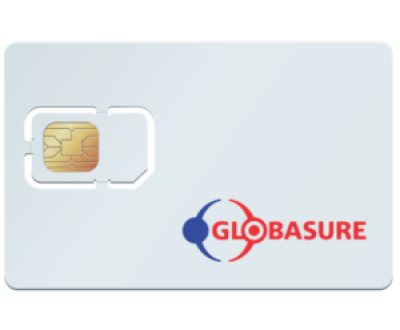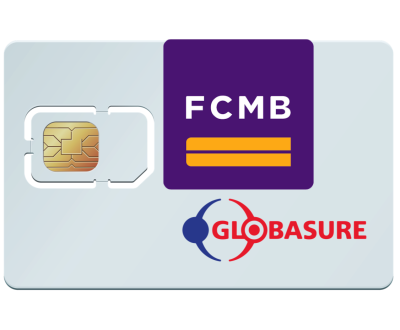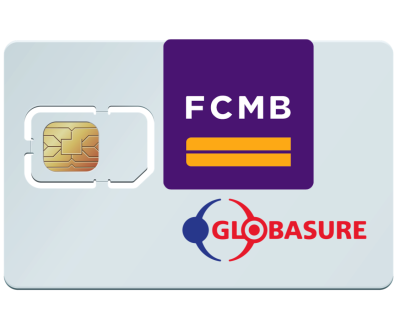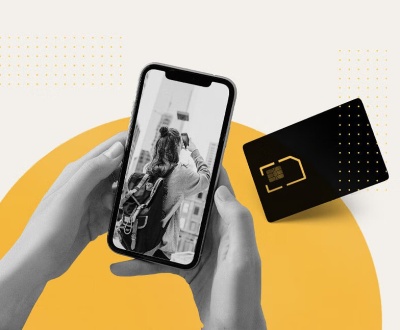The recent extension of cash-less monetary policy by the Central Bank of Nigeria (CBN) to five states and the Federal Capital Territory (Abuja) is running smoothly as commercial banks are complying with the directives of the apex bank, even as the banking public is fast adapting to the new policy. The policy took off as pilot scheme in Lagos more than one year ago but has now extended to Abia, Anambra, Kano, Ogun, Rivers and the FCT.
Most depositors were seen doing transactions freely, while others filled forms to obtain ATM cards and other electronic services available for mobile banking and on-line money transfer to different locations across the country. It was also observed that a considerable number of customers came to make inquiries about inter-bank fund transfers and bank charges.
Our investigations revealed that banks have since recorded over 15,000 transactions daily with Point of Sales (POS), with the monetary value of over N300million.
The charges for services ranging from inter-bank money transfer to internet banking seem to be minimal, even as withdrawal with ATM is without charge.
Commercial banks do two major types of money transfers: 24 hours fund transfer and immediate cash transfer. The amount charged for each transaction depends on the type of transfer a customer wants.
A manager with a branch of Keystone Bank in Lagos explained that money transferred from the former federal capital to the five states where the cash-lite economy has just been rolled out attracts less than N1,000 charge per transaction, depending on the amount involved. He said, “If a customer wants to transfer about N50,000 from Lagos to Abuja, which is among the cities the policy has just been extended to, he will not pay more than N1,000 as bank charge for the transaction.”
He went on, “This depends on what the depositor wants. There are two types of money transfers, immediate cash transfer, where the beneficiary receives the money instantly, and 24 hours fund transfer, where the transaction runs for a period of 24 hours before delivery. The differences are the charges attributable to the transactions and the durable of service delivery.
“For instance, if a customer wants transfer of N50,000 from Keystone Bank in Lagos to another Keystone branch in Rivers State within 24 hours, he will pay bank charge of only N100. The reason is that the transaction takes 24 hours before delivery, but if it is immediate money transfer, the customer will pay about N570 as bank charge because the cash will be received instantly. On the whole, the customer will not pay more than N1,000.”
He continued, “We also run inter-bank money transfer services. Inter-bank transaction involves two different banks. For example, money transfer from Keystone to First Bank at any location in the country. The charges are higher but still within the limited of N1.000 for transfer of about N50,000.”
Meanwhile, whereas the cashless dispensation has taken off in the five states and the FCT, the CBN has suspended all charges on the policy till October 1.
Globasure News Updates gathered that the apex bank deferred the enforcement of charges on lodgement and withdrawer components of the policy in the states in order to allow time for customers to adjust to the new policy.
The policy directive stated that individuals have a daily withdrawal and deposit limit of N500, 000 while corporate bodies have N3 million withdrawer limits. When these limits are exceeded, individuals will be charged two per cent of the excess amount withdrawn and three per cent of excess deposit, while corporate bodies will be charged three per cent of excess deposit and five per cent of excess withdrawal.
The policy directive on third party cheques above N150,000 no longer being cleared across the counter remains active in the five states and the FCT, while cash-in-transit lodgement and cash evacuation services will no longer be available to customers or merchants.
Before the extension of the cash-lite economy to the five states and FCT, the CBN pegged customer’s daily withdrawal or deposits to a maximum of N150, 000 for individual customer and N1million for corporate organisation, which the apex bank later increased to N500,000 for individual and N3, 000, 000 for corporate. The charges attracted by non compliance with the stipulated policy guidelines in Lagos, where the pilot study started include fine of N100per N1,000 in bank charges. Also, the N100 charge for withdrawal with Automated Teller Machine (ATM), introduced by commercial banks was abolished.
In line with the Central Bank of Nigeria’s (CBN’s) cashless policy, In a recent chat with the MD/CEO of Globasure Technologies Limited, Mr Chris Ife, had earlier said “ The CBN’s Cashless policy was extended to five states in the country namely, Ogun, Abia, Anambra, Rivers, Kano and the FCT, due to the level of success recorded in Lagos . Cashless policy is an international best practice by the advanced countries because their transactions are done mostly with credit cards and other forms of electronic-payment system.
“Adequate implementation of this policy in Nigeria will significantly check fraud in our system. It will reduce the cost of printing and circulating cash in the economy, as well as the use of large amounts of cash transactions to ensure effective management of currency in circulation. It will reduce corruption because the current policy will enable the monetary authority to track the currency in circulation at every given time. Also, the extension of the policy to other states will yield maximum economic benefits because these are major commercial cities within the zones in the country. At present, the economic benefits of the cash-lite economy include payment of school fees, house rent, utility bills, and even hotel bookings. ” Mr Chris Ife, added.
Globasure is a provider of simple, smart payment solutions.
More from our blog
See all posts
Using a roaming SIM card can be a lifesaver when traveling, but…
In an increasingly interconnected world, staying connected while traveling is no longer…
Traveling abroad is a thrilling experience filled with new sights, sounds, and…
When traveling internationally, it's important to have a reliable way to stay…
If you're planning to travel internationally, using a roaming SIM can be…
Traveling abroad has become an integral part of our lives, whether for…
The future of digital banking is exciting! As more people use their…
In today's interconnected world, staying connected while traveling abroad is essential. Roaming…
[easy-share counters=1 counter_pos="inside" native="no" hide_total="yes" fullwidth="yes" fullwidth_fix="100"]
No Comments
Recent Posts
All Website Tags
Access bank
agency banking
algorithms
anchor text
art
back-links
bill paymet
branding
cashless
cashless policy
cbn
Chris Ife
content
corporate
corporate messaging
credibility
dream-theme
emphasis
eNaira
evolution
fast track banking
flat
gift cards
globasure
globasure mobile money
globasure smart roaming
GlosoftPOS
GlosoftPOS on PAX
google apps
GROAM
GROAM deployed in Unity Bank
gtbank
ingenico
keywords
life
nibss
nigeria
payalat
roaming SIM
seo strategy
ServPoint
stamp duty
themeforest
VAT
wordpress
Leave a Comment cancel
This site uses Akismet to reduce spam. Learn how your comment data is processed.








 WhatsApp us
WhatsApp us